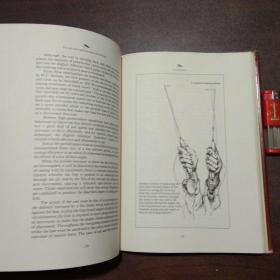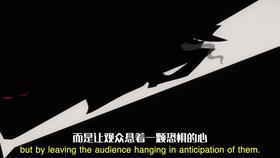Content:
Embarking on the journey of fly fishing can be an exhilarating experience, but it can also be daunting for beginners. The allure of casting a delicate fly and reeling in a majestic fish is undeniable, but without proper guidance, the process can become frustrating. That's where a skilled fishing mentor comes into play. Choosing the right mentor is crucial for a novice angler's success and enjoyment. Here are some tips to help you select the perfect fishing guide for your needs.
Research and Referrals
The first step in finding a suitable fishing mentor is to conduct thorough research. Utilize online resources, fishing forums, and social media platforms to gather information about local fishing guides. Additionally, ask friends, family, and fellow anglers for referrals. Personal recommendations can provide valuable insights into the mentor's teaching style, expertise, and reputation.
Experience and Credentials
When evaluating potential mentors, consider their experience and credentials. An experienced guide will have a wealth of knowledge about various fishing techniques, local waterways, and fish species. Look for mentors who have a strong track record of teaching beginners and have obtained relevant certifications, such as a fly fishing instructor or guide license.
Teaching Style
Every angler has a unique learning style, so it's essential to find a mentor who can adapt to your needs. Some anglers thrive in a structured, step-by-step approach, while others prefer a more conversational and hands-on learning experience. During your initial conversation with potential mentors, discuss your expectations and ask about their teaching methods to ensure a good fit.
Availability and Location
Consider the mentor's availability and location when selecting a fishing guide. Ideally, you'll want someone who is accessible and willing to work with your schedule. Additionally, a mentor who is familiar with the local waterways can provide valuable insights and tips for successful fishing in your area.
Cost and Value
Fishing mentors may offer various packages, from private lessons to group outings. When comparing costs, consider the value provided by each option. A higher price tag doesn't always guarantee a better experience, so weigh the cost against the mentor's experience, teaching style, and the quality of the equipment provided.
Equipment and Safety
A good fishing mentor should provide all necessary equipment, including rods, reels, flies, and waders. Ensure that the mentor maintains a well-maintained and safe equipment inventory. Additionally, inquire about safety protocols and emergency preparedness to ensure a secure and enjoyable experience.
Reviews and Testimonials
Before committing to a fishing mentor, take the time to read reviews and testimonials from previous students. This information can provide valuable insights into the mentor's effectiveness and the overall experience of working with them. Look for patterns in feedback, such as consistent praise for teaching skills, patience, and a passion for fly fishing.
Follow-Up and Support

A great fishing mentor will offer ongoing support and guidance, even after your initial lessons. Inquire about the mentor's willingness to provide additional assistance, such as follow-up sessions or tips via email or phone. A mentor who is invested in your success is more likely to help you develop your skills and become a confident angler.
In conclusion, selecting the right fishing mentor is essential for a novice angler's growth and enjoyment of the sport. By conducting thorough research, considering experience and credentials, evaluating teaching style, and ensuring safety and support, you can find a mentor who will help you master the art of fly fishing. With the right guidance, you'll be well on your way to becoming a skilled and passionate angler.












